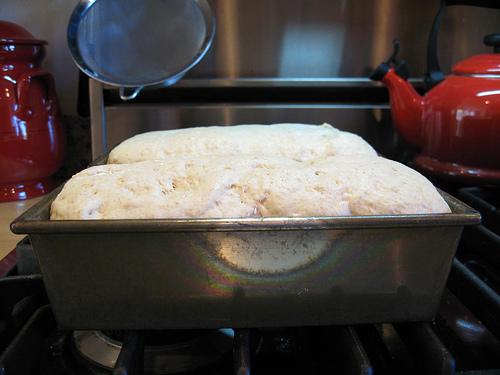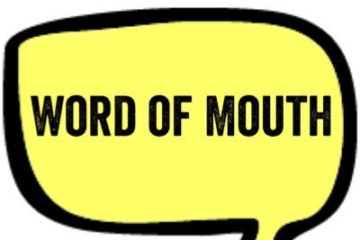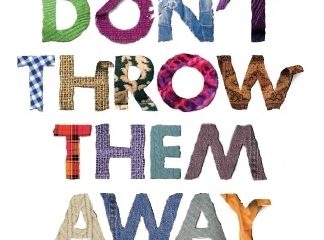Satish Kumar has written about Sundays and how things have changed in terms of what we can do, what we want to do and what we are expected to do.
Further on in the article he discusses something that we can be involved in on 27th July 2008. I know this date has passed but it is not a one off thing so please keep this in mind when you read it. You can take part in it if you agree, later.
It was not that long ago that Sunday was a day of rest, of spiritual renewal, a day for families to come together. Now Sunday is the same as any other – a day of shopping, flying and driving. We are consuming, spending and using up vast quantities of fossil fuels. If we are ever going to address climate change, we need to look at our own behaviour. We need a time to reflect on the choices that we as individuals make every single day, and how those choices affect our environment.
On July 27, the first Resurgence Slow Sunday will be held. The idea is that, if many people join in simple, symbolic actions at a local level, we can start to make a difference globally. The inspiration came from Mahatma Gandhi, who encouraged local communities in India to spin their own cloth. The purpose wasn’t just the practical act of making cloth – it was also an important act of defiance against oppressive colonialism. Gandhi believed that change was possible, but that you had to “be the change you wish to see in the world”.
As Gandhi made spinning a symbol of defiance, we are asking people to bake their own bread as an act of defiance against consumerism.
Why? Because bread is big business. Thirteen manufacturers control the UK bread market, worth more than £3bn a year. Every day they sell nearly 10m loaves, each one having travelled hundreds of miles. Only 4% of bread is baked in small, neighbourhood bakeries, and 86% is mass-produced.
What has happened to real bread? I do not believe that mass-produced bread is the “staff of life” – I believe it is the bitter bread of sorrow, because of the environmental devastation and health consequences it reaps.
Lorries full of factory bread rush up and down the country on our motorways, polluting the air so that they can provide the nation with cheap bread. But we have paid a very high price for this cheap bread in CO2 emissions and climate change.
This mass-produced bread is stale and sterile. It is so devoid of life that manufacturers have to add vitamins and minerals. They use enzyme-based “processing aids” that, by law, don’t even have to appear on the label. Yet, with massive advertising campaigns, people have been fooled into believing that this bread is healthy.
One thing is certain: a loaf of bread contains more pollution than nutrition, more profit than nourishment, and more chemicals than taste.
We may face global environmental crises, but we have the power to address them locally. By coming together on July 27 and joining the Resurgence Slow Sunday to bake locally, people will be acting globally. By joining together, we turn the simple act of baking bread into a powerful symbol of defiance against commercialism and a move towards environmentalism.
Satish Kumar is editor of Resurgence magazine. More on Resurgence Slow Sunday at resurgence.org




